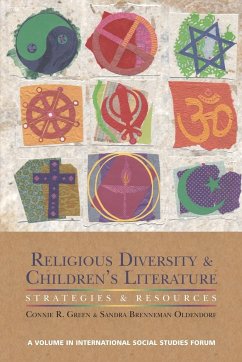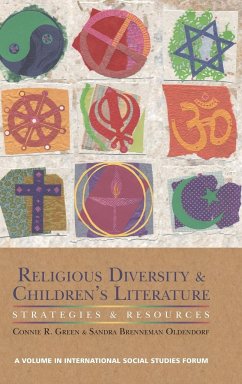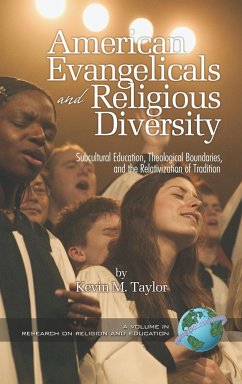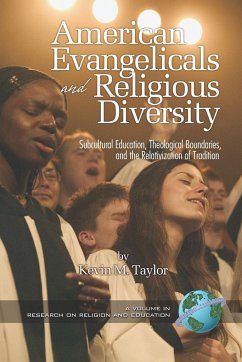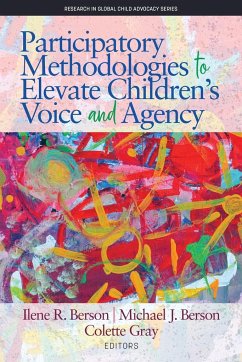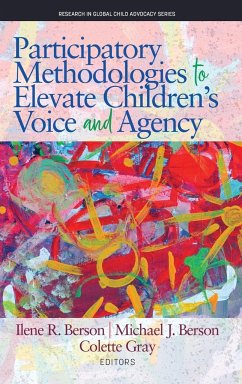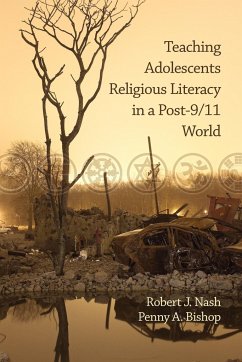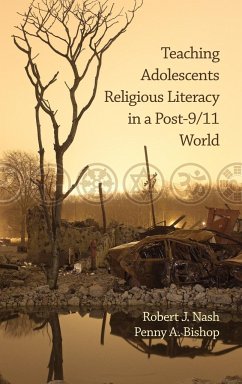A volume in International Social Studies Forum: The Series Series Editors Richard Diem, University of Texas at San Antonio and Jeff Passe, Towson University There may be no topic that is more controversial in our country and in our schools than religion. Changing demographics and the evolving relationship between religion and politics have resulted in conflicts concerning teaching about religion, teaching about evolution, and prayers at graduation. In spite of laws and policies designed to clarify these challenges, the relationship between religion and the schools remains a powerful and conflicted issue. And yet, religious literacy is essential for people of all ages to understand historical and contemporary cultures and conflicts as well as different beliefs and practices of people in our communities and around the world. Many of the concerns raised about teaching children about religion can be addressed through the use of authentic children's and adolescent literature. The use of rich narratives, both fact and fiction, is both an effective and inclusive strategy for teaching about religious and spiritual diversity. This book is an invaluable resource for enabling teachers, religious educators, and families to learn about religious diversity themselves and to teach children about both their own religion as well as the beliefs of others. The traditions featured include indigenous beliefs throughout the world, Native American spirituality, Hinduism, Buddhism, Judaism, Christianity (Orthodoxy, Catholicism and Protestantism), Islam, Sikhism, and other beliefs such as Bahá'í, Unitarian Universalism, Humanism, and Atheism. Each chapter highlights a specific religion or spiritual tradition with a brief discussion about major beliefs, misconceptions, sacred texts, and holy days or celebrations. This summary of each tradition is followed by extensive annotated recommendations for children's and adolescent literature as well as suggested teaching strategies. The recommended literature includes informational books, traditional religious stories, and fiction with religious themes. The child-friendly informational books focus on major beliefs, celebrations, symbols and people from various faiths who are role models and heroes. These books often feature colorful artwork, photographs, poetry or music. The traditional religious literature includes stories about basic values and beliefs that were passed down orally for hundreds and thousands of years. And the recommended fiction highlights stories about authentic experiences faced by children, both past and present. These stories represent both sadness and joy; conflict and resolution; confusion and understanding; discrimination and acceptance. Teachers, religious educators, and family members will find the literature from these genres to be invaluable tools for bridging the religious experience of the child with that of the global society in which they live.
Hinweis: Dieser Artikel kann nur an eine deutsche Lieferadresse ausgeliefert werden.
Hinweis: Dieser Artikel kann nur an eine deutsche Lieferadresse ausgeliefert werden.

